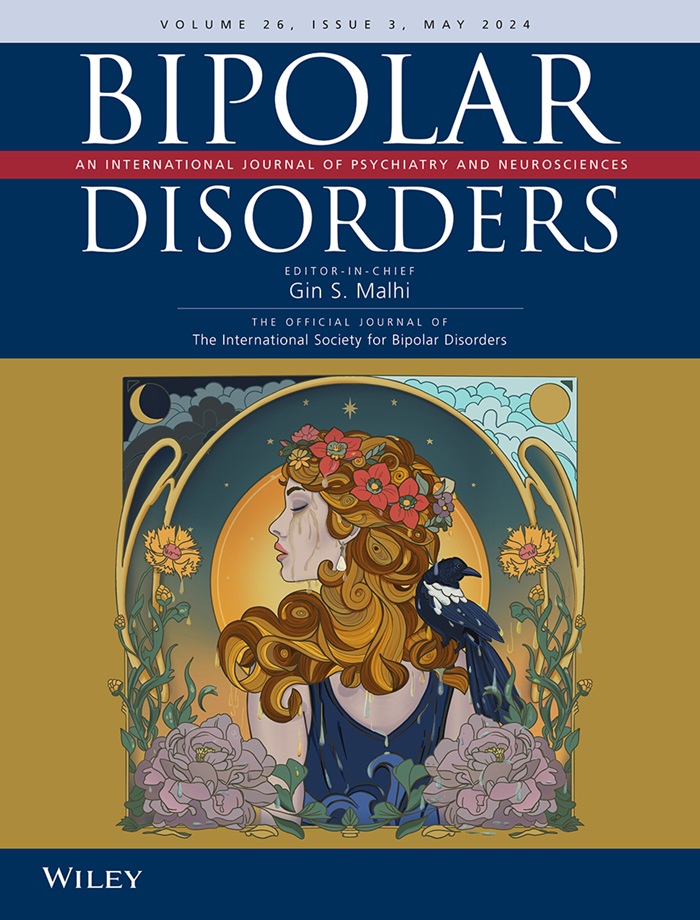Disentangling Subjective Sleep and Objective Cognition: Insights From Two Independent Cross-Sectional Cohorts of Remitted Bipolar Disorder
Abstract
Objectives
Cognitive impairment during remission in bipolar disorder (BD) hampers functional recovery. While diverse factors can impact these impairments, sleep disturbance is considered a key component. This cross-sectional report aimed to analyze the association between subjective sleep characteristics and objective cognitive impairment in two independent samples of remitted outpatients with BD.
Methods
Baseline data, including neuropsychological test performances and questionnaire-based sleep quality, subjective cognitive complaints, and mood ratings, were pooled from two clinical trials. Eighteen- to sixty-four-year-old fully or partially remitted outpatients with BD were divided into two independent cohorts: (i) newly diagnosed patients classified as cognitively impaired (n = 40) or normal (n = 58) according to hierarchical cluster analysis and matching healthy controls (HC) (n = 80), as well as (ii) patients with longer duration of illness prescreened for cognitive impairment (n = 115) and matching HC (n = 75). Subjective sleep quality was assessed with the Pittsburgh Sleep Quality Index (PSQI). Correlational and multiple linear regression analyses investigated associations between cognition and sleep.
Results
In age-, sex-, and medication-adjusted regression analyses, subjectively reported sleep quality (PSQI total score) was not associated with objective cognitive impairment globally or across domains in any cohort. Instead, worse subjective sleep quality was associated with more subjective cognitive complaints, greater subsyndromal depression symptoms, and receiving antipsychotic medication.
Conclusions
Our findings support the view that objective cognitive impairments in remitted patients with BD, whether newly diagnosed or with longer illness duration, may not be solely attributable to subjectively reported sleep disturbances. This adds to emerging evidence suggesting cognition as a relevant treatment target in BD.


 求助内容:
求助内容: 应助结果提醒方式:
应助结果提醒方式:


